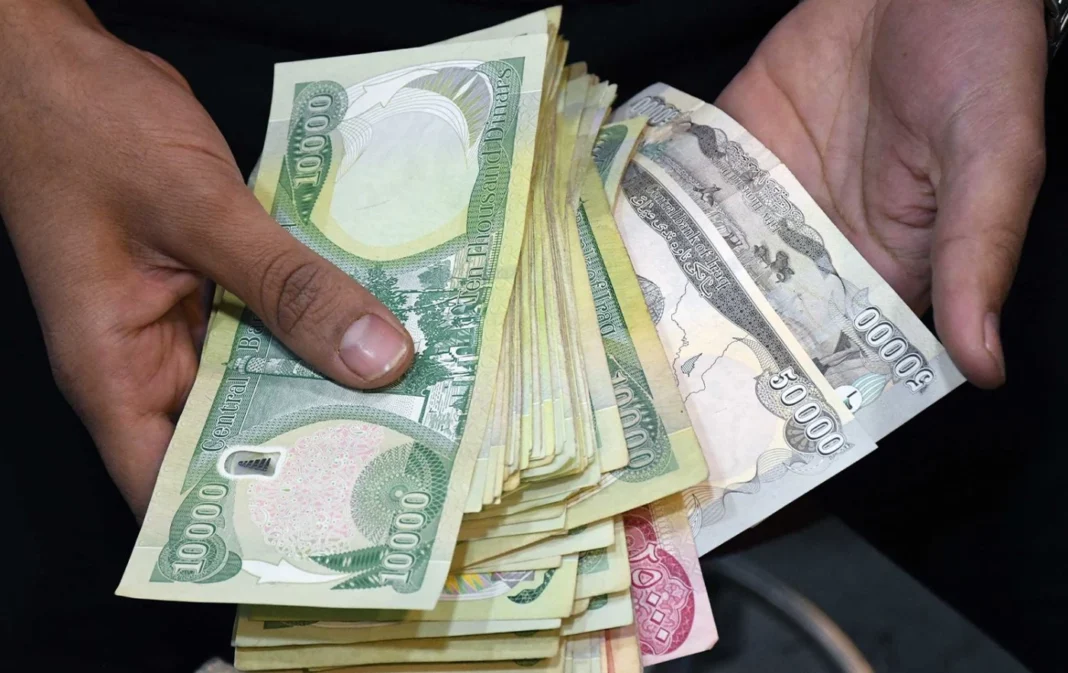Iraq banking sector is entering a difficult phase as a lending freeze threatens the country’s fragile financial system. State-owned banks are cutting loans and retreating from years of public financing. This sudden shift reveals deep structural problems that continue to limit financial growth.
Rafidain Bank and other major lenders have stopped granting new loans and advances. They have also abandoned automation plans and returned to paper transactions. As a result, many Iraqis face long delays and unclear approval processes. People now rely on connections rather than fair rules, which has caused frustration and mistrust among customers.
This lending freeze weakens Iraq’s fragile financial system even more. Automation once promised transparency and faster services, but the suspension of these projects keeps operations slow and costly. Customers continue to waste time in long queues, and the lack of modernization keeps the system inefficient.
Economist Dargam Mohammed Ali explained that most loans now focus only on housing and solar energy projects. Other sectors receive little attention, even though there is enough liquidity. This limited credit distribution prevents businesses from expanding and delays national economic progress.
Iraq’s dependence on cash remains another key challenge. Nearly 92% of money stays outside banks, making it hard for institutions to attract deposits. Years of corruption, instability, and past bank failures have made people distrust the system. Because of this, the Central Bank struggles to control inflation or stimulate growth.
International observers also question Iraq’s fragile financial system. Rating agencies continue to list it as high-risk due to weak institutions and fiscal pressure. Small lenders issue loans far beyond their deposits, creating further instability. Economists say these risky practices distort the market and threaten collapse if not managed properly.
However, experts still see hope. They urge Iraq to restart automation, enforce tighter supervision, and rebuild public confidence. These reforms could help restore stability and push Iraq’s financial system toward real recovery. With consistent action, Iraq can rebuild trust and create a stronger, more reliable banking environment.


